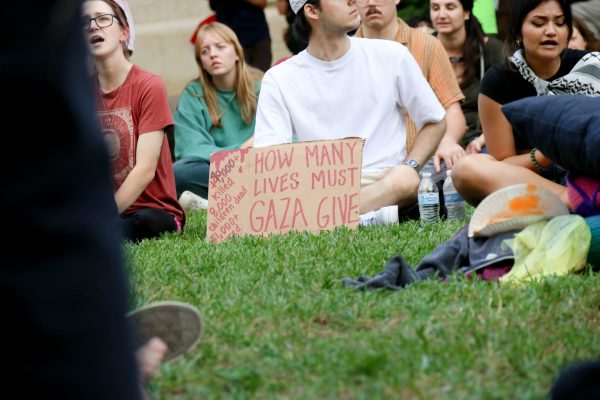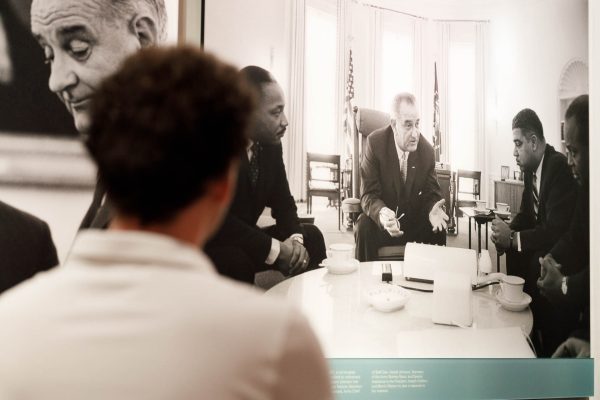Nobel Peace Prize rightful awarded to anti-nuclear organization
The 2017 Nobel Peace Prize was awarded on Friday the Oct. 6 to the International Campaign to Abolish Nuclear Weapons. It has been a growing tendency for the Norwegian Committee to award the Peace Prize to organizations rather than individuals which makes ICAN the 27th organization to receive the accolade.
Awarding ICAN, a small organization which was not well known before they were granted the Nobel Peace Prize, can be seen as a firm political stand made by the Committee concerning recent news and nuclear acquisitions. ICAN’s coalition is located in over 100 countries and started in Melbourne, Australia. It is composed of 468 partners, mostly non-governmental organizations who lobby against nuclear weapons and push for a global nuclear ban (French Green Peace, Latin American Circle of International Studies, PSR Iran, Peace Action and so on).
In the heart of international tensions concerning weapons of mass destruction, a treaty written in the past few months by ICAN was adopted at the U.N. in July by over 122 countries.
Needless to say, the treaty was not discussed by the nine nuclear powers of the world; the United States, China, India, Pakistan, Israel, France, the United Kingdom and North Korea, who boycotted the agreement. These nine powers own 15,000 nuclear weapons.
“This is a time of great global tension, when fiery rhetoric could all too easily lead us, inexorably, to unspeakable horror. The spectre of nuclear conflict looms large once more. If ever there were a moment for nations to declare their unequivocal opposition to nuclear weapons, that moment is now,” said ICAN in a Facebook post.
It is interesting to see the ripple effect the tweets and childish rhetoric between two leaders of powerful countries can have. How does a man who blows up over a tweet be in charge of the largest fleet of nuclear weapons in the world? Nuclear weapons are not a game or a toy you can show off. They are a death sentence for millions of innocent people. It seems as though Nagasaki and Hiroshima, which are hardly talked or learned about in depth, are faint memories. Between 60,000 and 80,000 people were killed immediately and double in the aftermath of radiation sickness.
That was 70 years ago. With changes in technology and advancement in science, nuclear weapons are more destructive than ever. The B-61 are the nukes of the U.S. with 350 kt of TNT while Hiroshima had 20 kt.
The armament of nuclear weapons all across the world is part of what we call the deterrence theory. The more weapons you have, the less people will attack you because they are scared of the reprisals. On a smaller scale it is the reason why people own guns in America.
If you have them, there is a feeling that people will be less likely to attack you. It also influences people in buying guns as they know that they live in a society where a lot of people have guns. Or else how will you defend yourself? The same thing is happening, on an international scale where nuclear armaments are sought by other countries.
Though the race for nuclear weapons is understandable on an international scale, aiming to sign ICAN’s treaty would be a huge step towards reducing the likelihood of their use.











